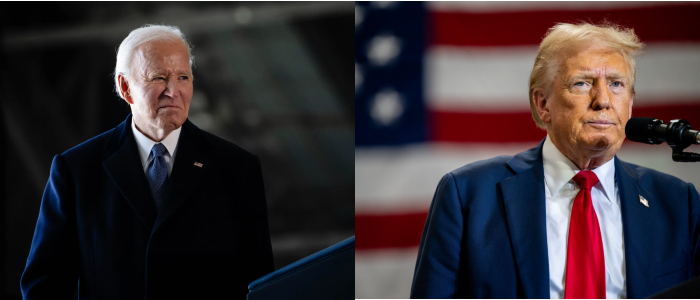Imagine an election without social media. No trolls, no bashing. No bots or hundreds or thousands of non-real people posting similar messages.
No narrative manipulation. No fake quotes and videos. That’s the kind of election that will take place when the College of Cardinals convenes, possibly as early as next week, to choose the next Pope following the death of Pope Francis last Easter Monday.

The conclave, held in secret, is unlike the noisy and toxic political campaigns we have known during elections. A Catholic Bishops’ Conference of the Philippines (CBCP) official was right to urge the public not to promote Filipino Cardinal Luis Antonio Tagle on social media as the next head of the Roman Catholic Church. Fr.
Jerome Secillano, executive secretary of the CBCP episcopal commission on public affairs, said the decision lies solely with the cardinal-electors and that people should instead pray for divine guidance in the conclave’s choice. There are 135 cardinal-electors, including three from the Philippines, namely, Cardinal Tagle, former Archbishop of Manila and now serving in the Vatican; Kalookan Bishop Pablo Virgilio Cardinal David, CBCP president; and Manila Archbishop Jose Cardinal Advincula. The selection of a Pope is grossly different from electing a new mayor or governor.
There are no campaigns, no candidacies, no hashtags. Social media will have no impact. There will be no campaign period or even filing of candidacy because every cardinal under 80 is eligible.
Any assessment of a member’s qualifications and leanings, whether to the left or toward the conservative or the right, will remain within the walls of the conclave. When the conclave begins 15 to 20 days after the Pope’s death, the cardinals will be cloistered with no newspapers, television, or online devices and internet to keep all outside influence out. We don’t even know if there will be debates, although a movie about the process of choosing a Pope shows how cardinals can disagree with colleagues in intense exchanges.
And there’s no fixed election day. That’s why it felt inappropriate when some began analyzing Cardinal Tagle’s good and bad points as the next Pope. The CBCP’s reminder is timely and significant.
The decision is not ours to make, and speculating who should be the next Pope feels out of place, if not irreverent, almost blasphemous. Rather than focus on what we cannot control, let us turn our attention to the May 12 midterm elections, where we do have a voice and a stake in who becomes our next political leaders, amid all the social media noise, trolls, disinformation, misogyny, fraud, and election violations. These are challenges we have to face as we make our decisions.
Let’s focus on honoring Pope Francis, not by pushing Tagle or predicting his successor, but by making wise choices this May 12 rooted in the Pope’s teachings of love and compassion for others, especially the poor and marginalized..
















